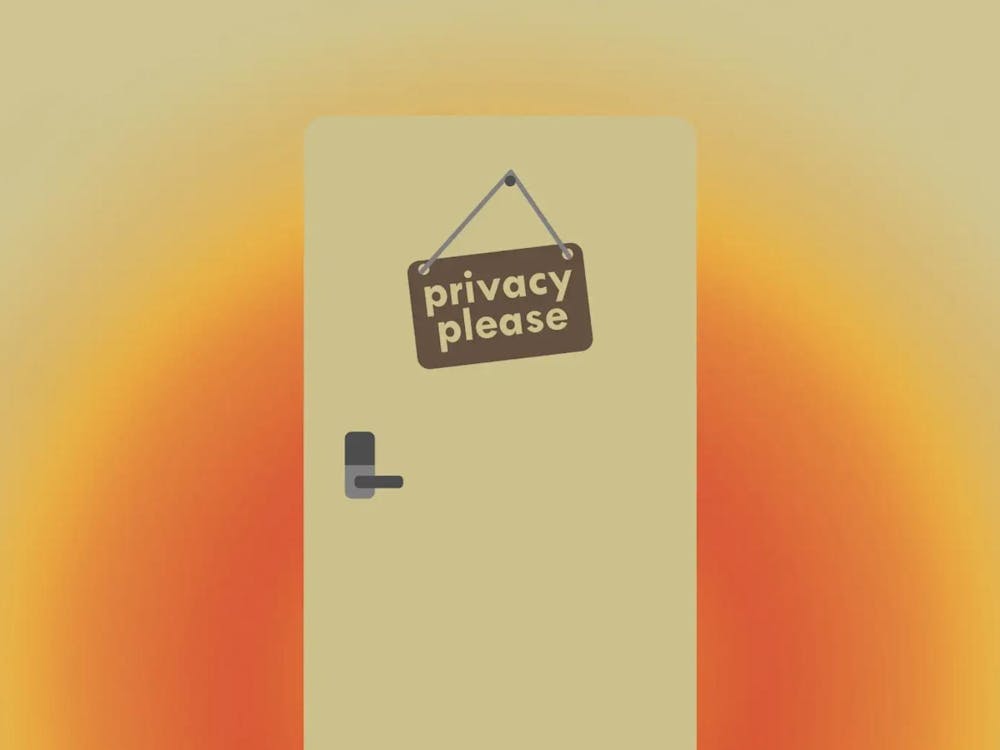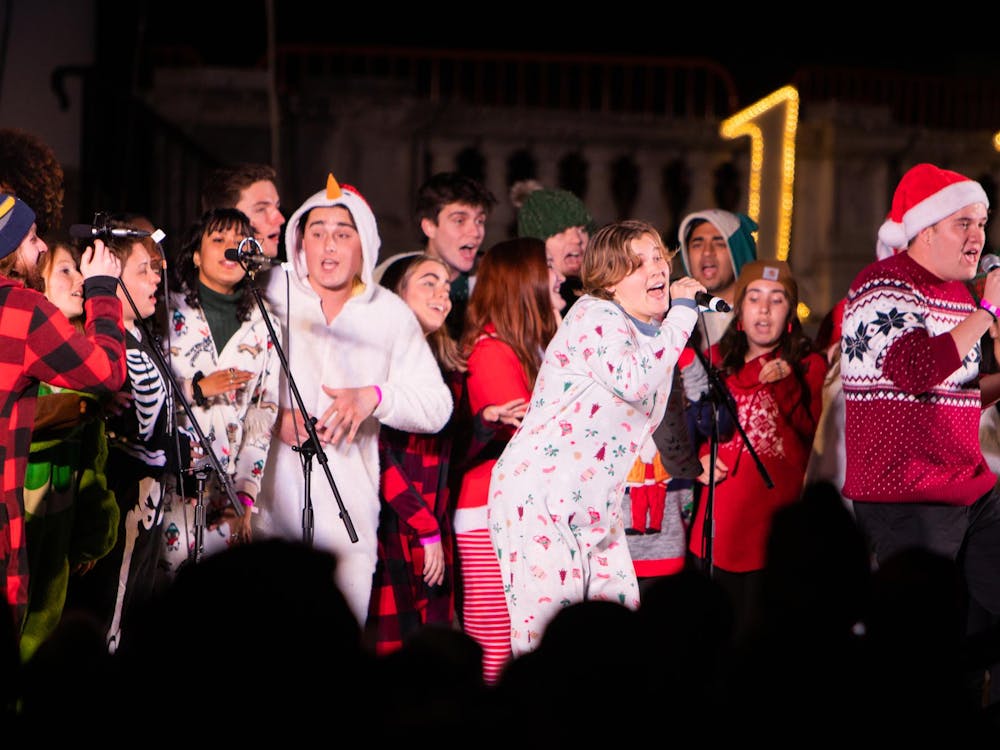NEW YORK - It already has the world's top tourist destination, the most internationally recognized cartoon character and countless film blockbusters to its credit. What more could an entertainment giant possibly want?
The Walt Disney Co., in an effort to expand its already massive kingdom, is edging into the final entertainment frontier: big-time Broadway theater. While this may seem like a harmless, or even appropriate move, theater fans beware: New York is about to become The Happiest Place on Earth. Think that's impossible? That Broadway's long-standing tradition of class and sophistication alongside the grit and grime of the big city can outlast its new neighbor?
Think again.
As the company is proving with its musical hit "The Lion King," which is now in its third sold-out year at the New Amsterdam Theatre on 42nd St., Disney is gradually claiming Broadway as part of its empire, a move that threatens theater as we know it.
|
Disney's first Broadway attempt was its musical version of "Beauty and the Beast," a production awarded with a Tony and met with solid box-office sales since its opening in 1994. Not bad for a first try, but not quite good enough to satisfy Disney's longing for success on the stage.
Its next production was a whole new world of Disney-esque theatrical magic. "The Lion King" is an absolute masterpiece, with sets, costumes and puppets unlike any ever seen onstage. The production is based on the company's animated feature of the same name: the coming-of-age story of Simba, a lion cub who grows up to retake the throne of his father's kingdom after years of rule by his uncle. The opening scene alone is one of the most memorable on Broadway, with life-sized giraffes and dancing gazelles silhouetted against a giant sunrise.
With six Tony Awards to its credit, including the award for Best Musical, the show is all the wonder of Disney's theme parks and animated features translated to the stage. So what's the problem?
While the production is at times awe-inspiring, it is not traditional Broadway. In most shows, actors are the natural stars. But in "The Lion King," actors take a backseat to the massive puppet-costumes they are wearing - an unfortunate departure from what is usually one of the most captivating elements of a show.
Instead of watching actors recreate a mood or situation through movement and facial expressions, the audience is drawn to masks and puppets - impressive, but not expressive. One of the joys of live theater is watching actors perform their magic right before the audience's eyes. If inanimate puppets are to be the audience's focus, why not just release the musical on film, where that element of intimacy is lost anyway?
Furthermore, because "The Lion King" is so child-friendly, the atmosphere during the production is very different from that of other shows. Most children simply do not have the attention span to sit through an almost 3-hour musical. At too-frequent intervals, children are escorted from the theater to use the restroom, a large distraction for anyone seated in nearby rows. At every pause in dialogue or song, children's voices break what would be captivating silence to ask their parents what's happening onstage. A concession stand in the lobby sells soda and candy on which young (and old) theater-goers can slurp and chomp throughout the performance to the dismay of other audience members who don't want to feel they are at a sporting event.
Though it is an amazing work of art, the show, in all its glory, belongs somewhere else. Broadway just isn't the place to have larger-than-life jungle animals enchanting children with catchy song-and-dance numbers. But before the show packs up and moves to Orlando, its phenomenal success probably will prompt Disney to continue producing new child-friendly blockbusters. And it will become increasingly difficult for non-Disney shows to compete.
Disney has more money and more name recognition than any strictly theatrical company could ever challenge. It knows how to draw a large audience and make lots of money.
Gradually, its successes will bump other productions off Broadway - and influence the style of so many others - that after enough years Broadway won't be the same.
Disney's influence already prompted New York Mayor Rudy Giuliani to orchestrate a massive cleanup of the 42nd St. area before "The Lion King"'s opening. Before long, similar efforts will change the face of the theater district that so many audiences know and love until it is no longer recognizable.
With all its successes in other areas, Disney should stick to theme parks and movies and leave room for others onstage. Just like Disney, Broadway is a jewel in the crown of American entertainment. Each is valuable in its own right and would be better off in the long run without getting mixed in with the other.




